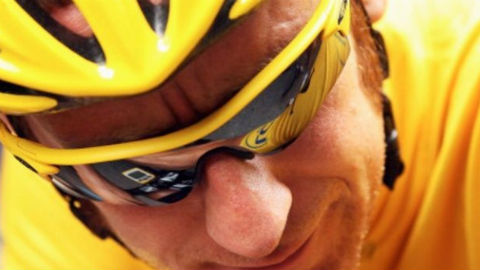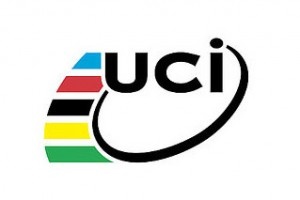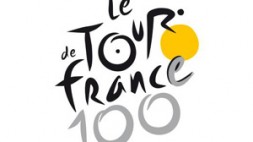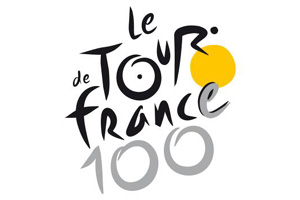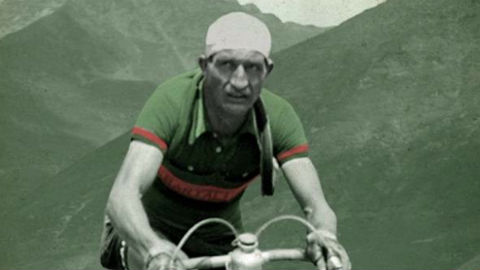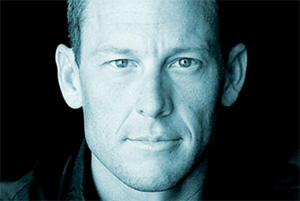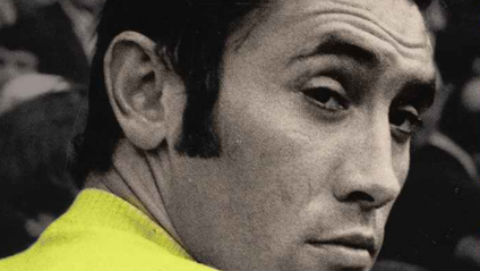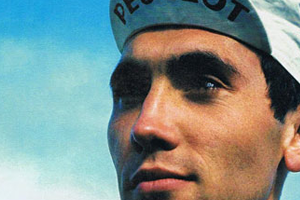 With continued ill-health Bradley Wiggins will not defend his title at this year’s Tour de France, Team Sky have announced. Two weeks ago, a worsening chest infection caused his withdrawal from the Giro d’Italia and he returned home for treatment, rest, and further assessment of an on-going knee condition. During his period of treatment and recovery Sky say he has been unable to train with any intensity and consequently will not be able to race at this month’s Criterium du Dauphine or Tour de Suisse.
With continued ill-health Bradley Wiggins will not defend his title at this year’s Tour de France, Team Sky have announced. Two weeks ago, a worsening chest infection caused his withdrawal from the Giro d’Italia and he returned home for treatment, rest, and further assessment of an on-going knee condition. During his period of treatment and recovery Sky say he has been unable to train with any intensity and consequently will not be able to race at this month’s Criterium du Dauphine or Tour de Suisse.
Team Principal Sir Dave Brailsford today confirmed: ‘With illness, injury and treatment Brad has gone past the point where he can be ready for the Tour. It’s a big loss but, given these circumstances, we won’t consider him for selection… He hasn’t been able to train hard since the Giro and now he needs further rest. Whilst we all know these things happen in sport, it doesn’t take away from the fact that this is a huge disappointment for everyone in the team – and above all for Brad. It’s incredibly sad to have the reigning champion at Team Sky but not lining up at the Tour. But he’s a champion, a formidable athlete and will come back winning as he has before’
For his part Wiggins added: ‘It’s a huge disappointment not to make the Tour. I desperately wanted be there, for the team and for all the fans along the way – but It’s not going to happen. I can’t train the way I need to train and I’m not going to be ready. Once you accept that, it’s almost a relief not having to worry about the injury and the race against time.’
‘I’ve been through this before, when I broke my collarbone,’ continued Wiggins, ‘so I know how it works. I’ll get this sorted, set new goals for this season and focus on those. This team has so many riders in great shape, ready for selection and we set incredible standards for performance, which shouldn’t be compromised. We need to have the best chance to win.’


